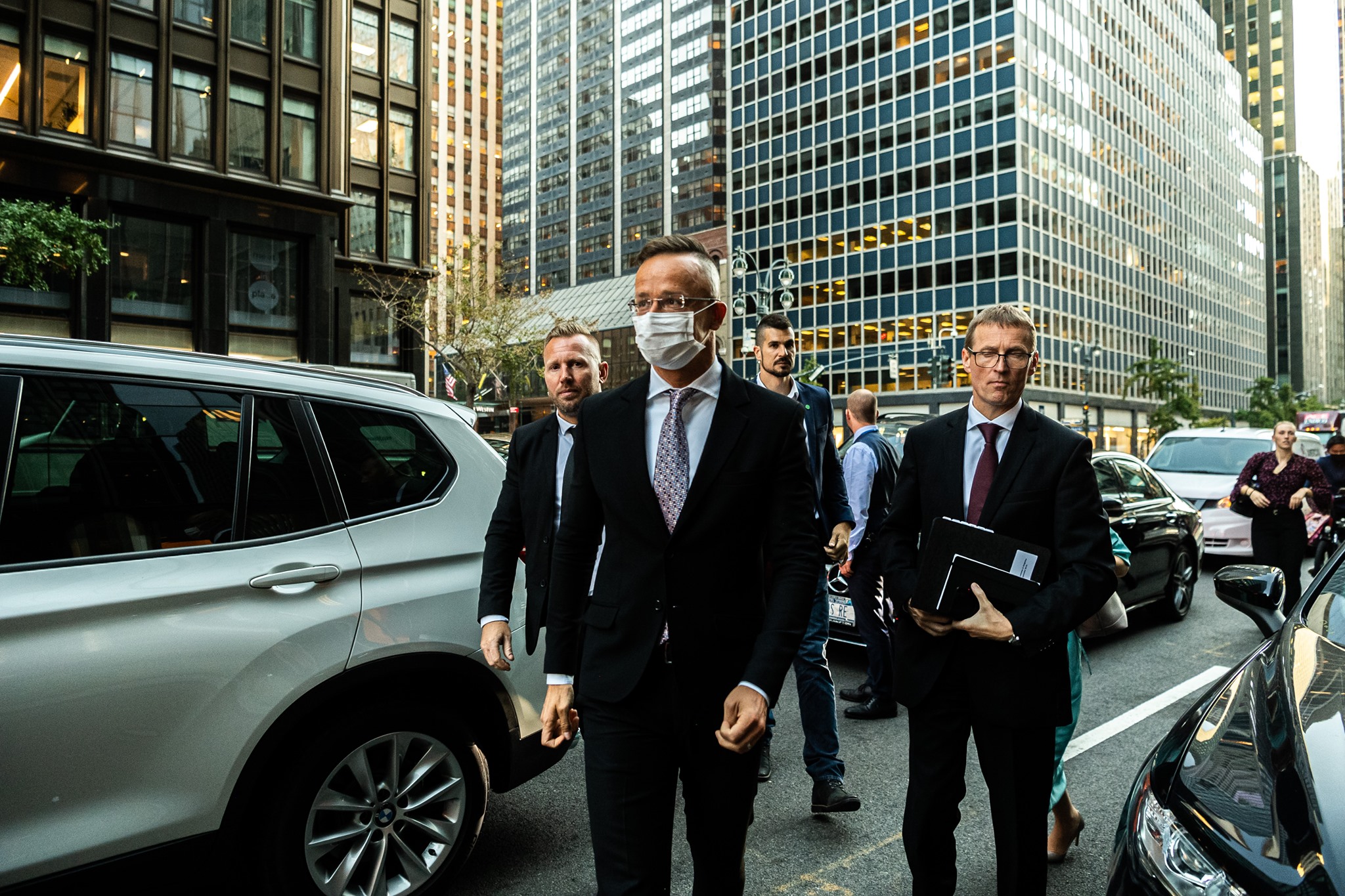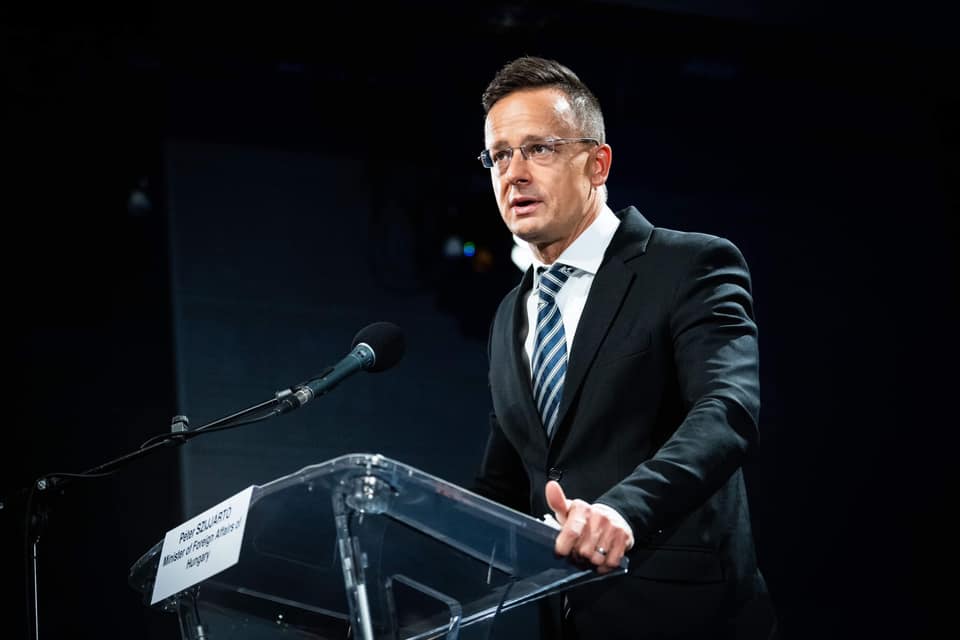
"If the EU does not change its stance, that will result in another grave wave of illegal mass migration, which we should avoid," Szijjártó said.Continue reading

The social and health consequences of rising drug use pose a serious challenge to Europe and are further aggravated by the failure of the international military campaign in Afghanistan and the liberalization of drug policies in certain countries, Foreign Minister Péter Szijjártó said in Paris on Thursday.
Policies promoting the legalization or liberalization of drug use by “some liberal European governments” pose a threat to the health of societies and increase demand for drugs, which in turn increases organized crime, Szijjártó told a conference marking the 50th anniversary of the founding of the Pompidou Group, the Council of Europe’s drug policy cooperation platform.
The situation is further aggravated by the failure of the international campaign in Afghanistan, the “tragic social, economic and humanitarian situation” there and the fact that Afghanistan, being the world’s largest source of illicit opium, has again become “a hotbed for terrorist organisations” and a point of origin for migration waves, the minister said.
Szijjártó said criminal organizations were using migrants to smuggle drugs out of the country, noting that some 30,000-35,000 people were fleeing Afghanistan on a daily basis.
He said that because opium production was Afghanistan’s only real source of national income, the country’s Taliban leadership was expected to do everything it could to increase its illicit drug exports in order to remain in power.
The international community therefore must make efforts to prevent this, the Foreign Minister said, adding that this required Europe to work closely with other Central Asian countries as well as Russia and China. “This fight, this endeavour of ours should definitely not be a matter of either ideology or political approach,” the minister said, adding that preventing the Afghan leadership from exporting opium could save lives and prevent addiction.
Szijjártó warned that Europe was not immune to the international opiate crisis either, noting that cocaine trafficking was on the rise on the continent and that more and more designer drugs were appearing on the market.
He said the reopening of nightclubs had also brought with it a rise in drug use, adding that it was crucial for the authorities to help protect young people. He said this was also a central part of Hungary’s national drug strategy.
Szijjártó noted that combating drug use had been an important aim of Hungary’s chairmanship of the Committee of Ministers of the Council of Europe over the past months.
Featured photo via Péter Szijjártó’s Facebook page